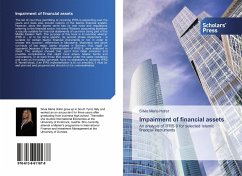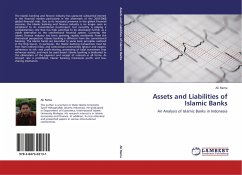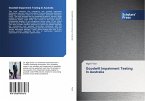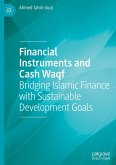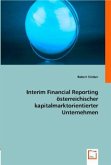The list of countries permitting or requiring IFRS is expanding over the years and does also include nations of the Islamic financial system. However, since the Islamic world has its own rules and regulations referring to the financial sector, not every Western accounting standard is equally suitable for financial statements of countries being part of the Middle Eastern faith. The purpose of this book is to examine whether IFRS 9 - or to be more specific, its second phase impairment - is suitable for certain Islamic financial instruments or not. In order to answer this question, differences in Murabaha, Mudaraba and Ijarah contracts of two major banks situated in Bahrain, that might be appeared because of the implementation of IFRS 9, were analysed in detail. The analysis showed that, apart from initial concerns and possible complications that might have arisen, Islamic banks and corporations, or at least those that operate under the same conditions and rules as the banks surveyed, have no objections to adopting IFRS 9. Nonetheless, if an IFRS implementation is to run smoothly, it must be well planned and prepared and should not be underestimated.

